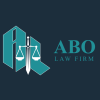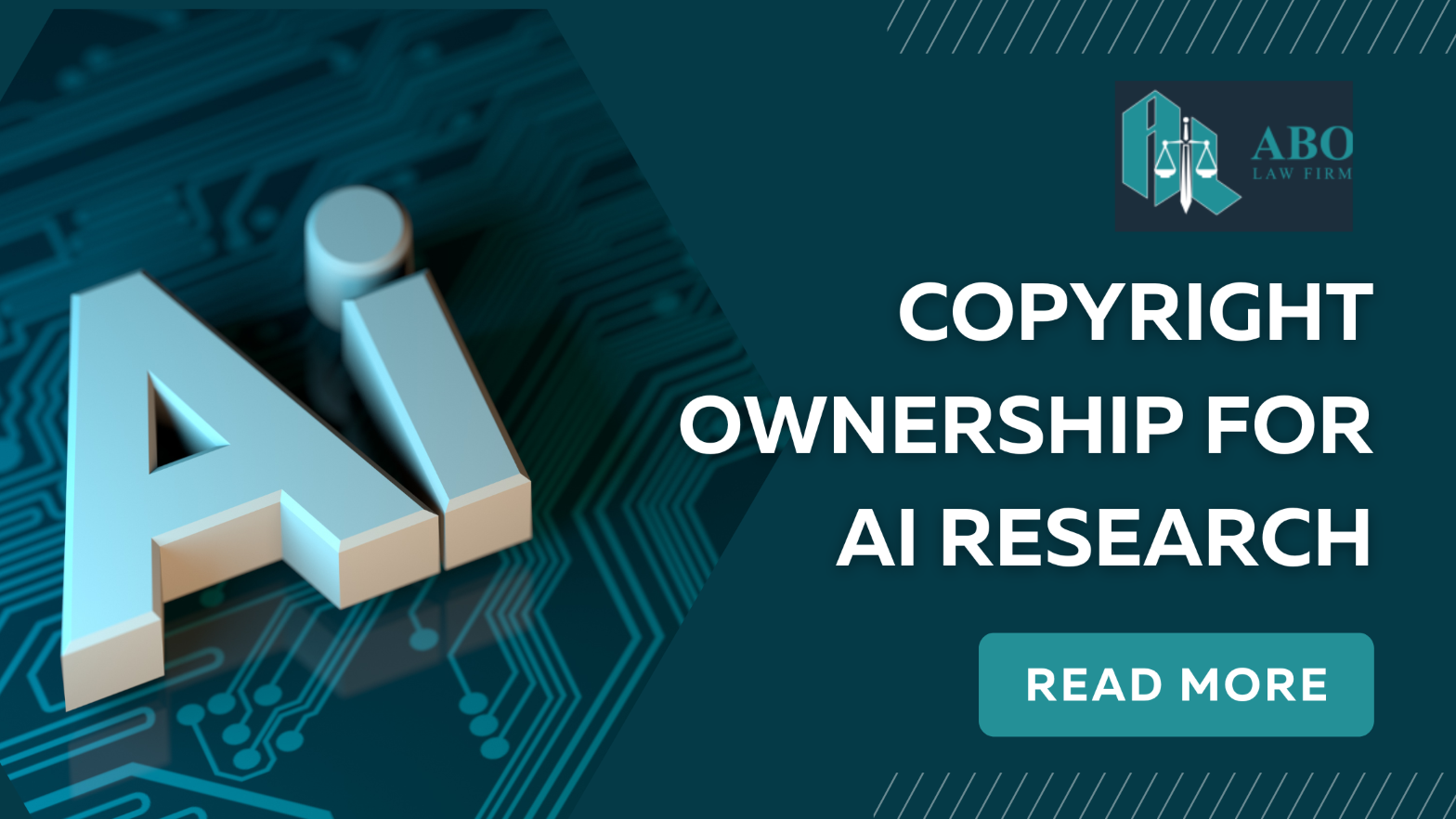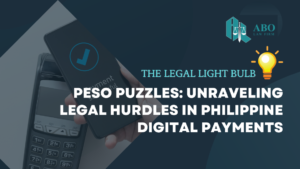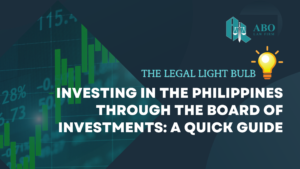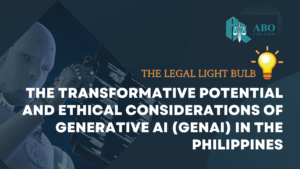In the fast-changing world of Artificial Intelligence (“AI”), creativity and innovation have been recognized, especially in research. The question of copyright ownership has become increasingly pertinent as well. As AI technologies evolve and dominate numerous industries, the question of who owns the intellectual property created by these systems remains. This question has caused controversy and legal complications, thus the need for clear norms.
Defining Copyright and Artificial Intelligence
When we look at the definition of copyright, it is defined as the right over literary and artistic works that are original intellectual creations in the literary and artistic domain, protected from the moment of creation.[1] While, AI usually refers to the “ability of machines to perform cognitive tasks like thinking, perceiving, learning, problem-solving, and decision-making”.[2] Verily, both copyright and AI are described as the creative process of intellectual work or creation.
Two Categories of AI
The first category is AI-generated, which refers to the creation of a work by AI without human intervention. In this kind of work, AI may “change its behavior during operation to respond to unanticipated information or events” and generate work that was not intended or anticipated.
In the second category, AI-assisted works are created with significant human intervention.
Who owns the rights? Global Perspective on Copyright Ownership.
There is no doubt that under Philippine law, in case of original and literary and artistic works, copyright shall belong to the author of the work.[3] Humans may own and create copyrightable works.
Meanwhile, in the United States of America, the first landmark decision concerning copyright protection of AI creations is in the case of Thaler v. The Register of Copyrights.[4] In this case, the US District Court held that works created by artificial intelligence cannot enjoy copyright protection since only works created by human hands qualify for copyright.
Whereas, in the European Union, copyright jurisprudence is anchored in promoting and recognizing human creativity and artistic endeavors. Without demonstrable human input, copyright protection still needs to be attainable. However, in the United Kingdom, there is the Copyright, Designs, and Patents Act of 1988 (“CDPA”), which deals with “Computer-generated work.” It refers to the work generated by a computer in circumstances such that there is no human author of the work.[5]
Due to the complexity and evolving nature of copyright law in the context of AI research, it seeks legal guidance and establishes clear agreements to address copyright ownership.
Seeking Legal Guidance
As of writing, there is no jurisprudence in the Philippines over Artificial intelligence research. However, it may be concluded that in AI-Assisted, ownership may be claimed by the person who made the human intervention in that research. While the AI-generated may be claimed by the person who made the program.
As AI continues to revolutionize various industries, the question of copyright ownership in AI research demands careful consideration and proactive legal measures. Abo Law Firm’s Legal Light Bulb aims to shed light on this complex landscape, emphasizing the importance of legal guidance and clear agreements to navigate the evolving terrain of copyright in the age of Artificial Intelligence.
